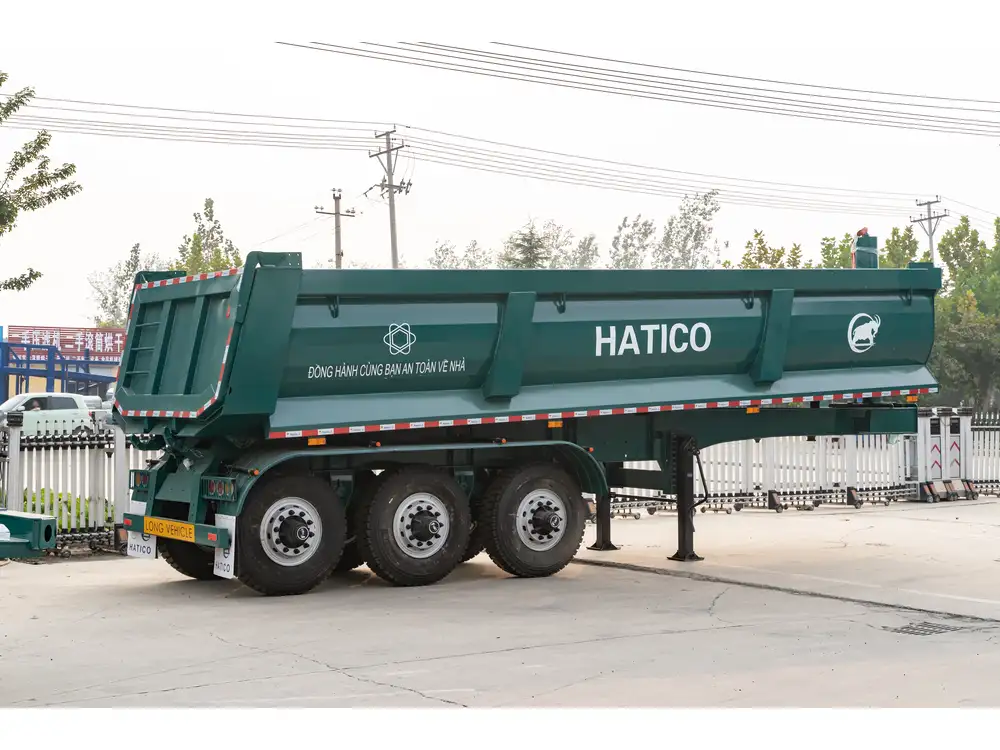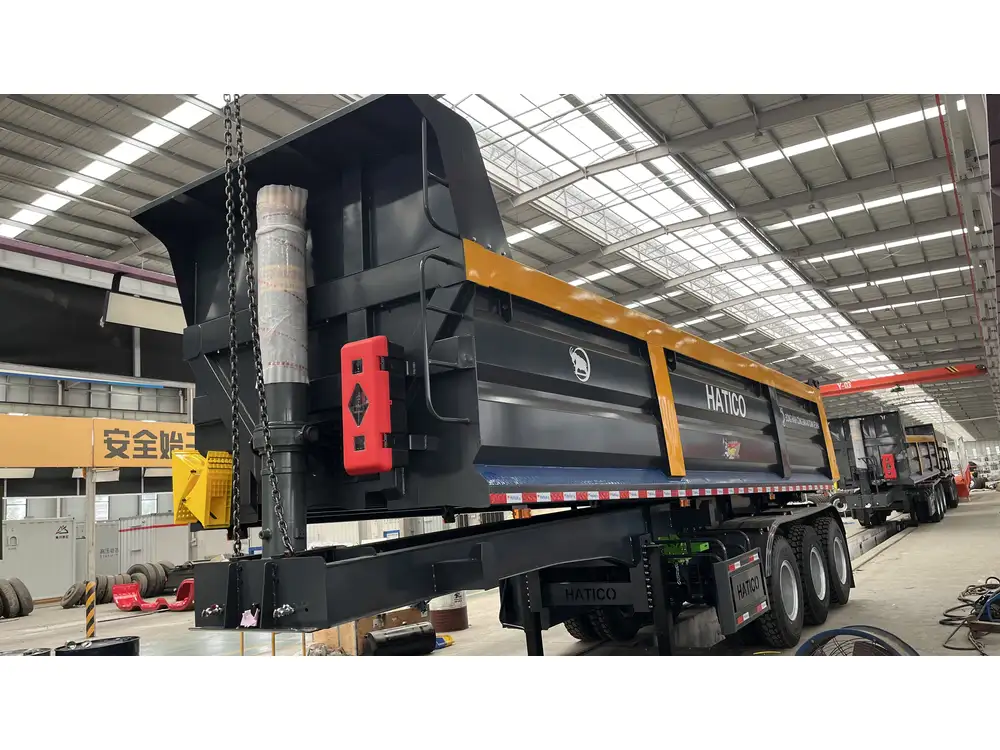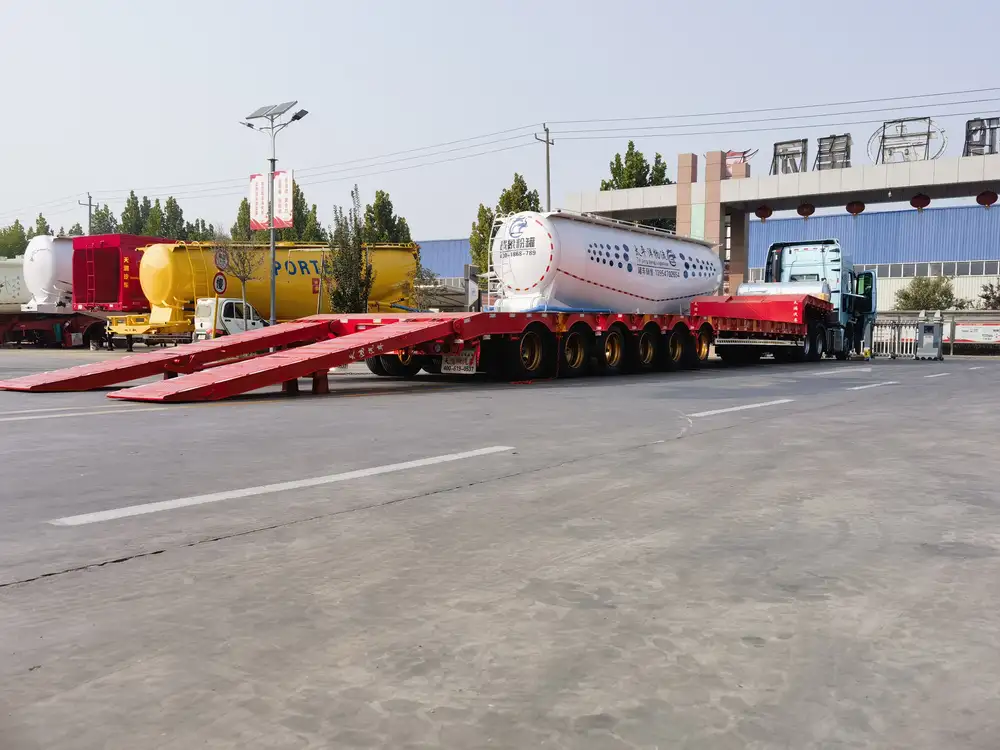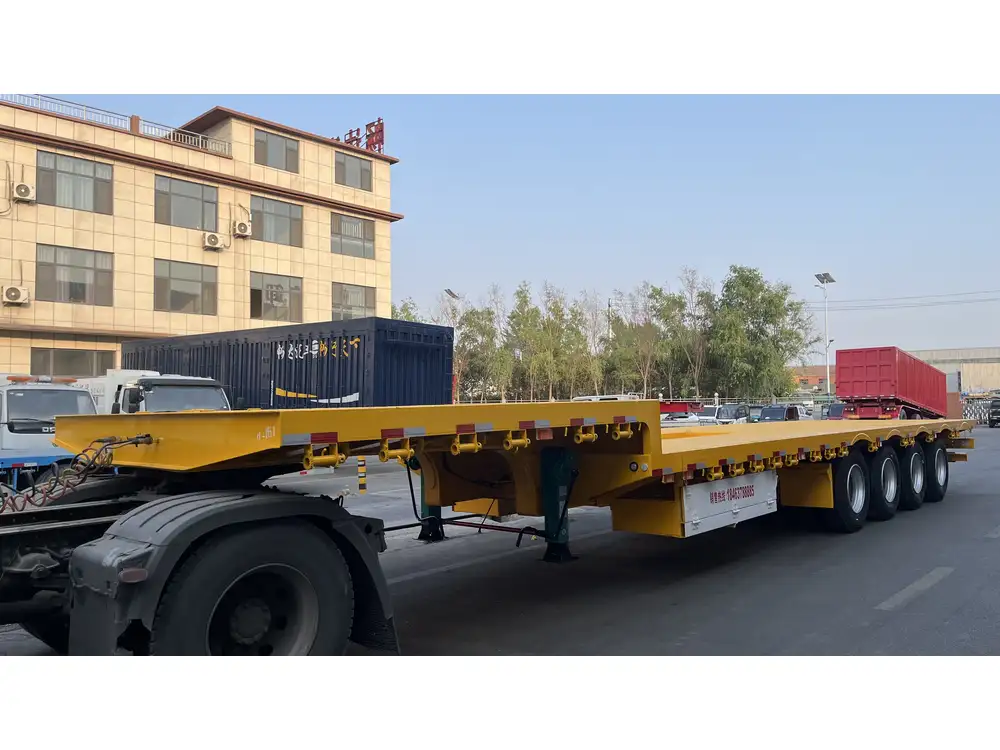When selecting the right plywood for dump trailer floors, understanding the wide variety of options available is crucial. The durability, resistance to moisture, and overall performance of lumber-based materials can directly impact the operational efficiency and longevity of your trailer. Let’s delve into the essential factors, specifications, and options available to ensure you make an informed choice for your dump trailer.
Understanding the Importance of Quality Plywood
The floor of a dump trailer bears the brunt of various loads, including heavy construction materials, debris, and agricultural products. Hence, choosing the right plywood is fundamental to:
- Durability: Plywood must withstand heavy loads and resist wear over time.
- Moisture Resistance: Dump trailers often encounter wet conditions. The plywood used should fend off moisture to prevent rotting.
- Ease of Repair: Should the floor sustain damage, choosing a commonly available plywood makes replacement simpler and more economical.
Common Types of Plywood for Dump Trailers

1. Marine Plywood
Marine plywood is designed for high moisture environments. It typically consists of veneers bonded with waterproof adhesive, ensuring greater durability and resistance to rot.
| Features | Benefits |
|---|---|
| High-quality veneers | Increased strength and longevity |
| Waterproof adhesive | Excellent moisture resistance |
| Multiple layers | Even distribution of weight |
Pros: Superior moisture resistance, ideal for humid climates, extended lifespan.
Cons: More expensive than standard plywood.
2. CDX Plywood
CDX plywood combines exterior-grade and raw plywood, making it an affordable option for less demanding applications.
| Features | Benefits |
|---|---|
| Rough surface | Offers a good grip for materials |
| Inexpensive | Cost-effective for basic applications |
| Moderate strength | Suitable for lower weight applications |
Pros: Budget-friendly, decent for applications where exposure to moisture is minimal.
Cons: Not water-resistant; prone to warping if soaked.
3. Pressure-Treated Plywood
As the name suggests, pressure-treated plywood is infused with chemicals to resist rot, termites, and decay.
| Features | Benefits |
|---|---|
| Chemical treatment | Effective against biological threats |
| Increased durability | Enhanced lifespan in outdoor conditions |
| Versatile use | Suitable for various applications beyond trailers |
Pros: Affordable and resistant to decay.
Cons: Chemical treatment may impact environmental factors; longer drying time.

Key Factors to Consider
When choosing plywood for a dump trailer, consider the following:
Weight Capacity
One of the principal considerations is the weight the trailer will be expected to carry. Ensure that the plywood selected can handle the maximum load without bending or breaking.
Thickness
The thickness of plywood influences its strength and weight-bearing capacity. Common thicknesses for dump trailer floors typically range from 3/4 inch to 1 inch.
| Plywood Thickness | Load Capacity |
|---|---|
| 3/4 inch | Supports up to 1,500 lbs |
| 1 inch | Supports up to 2,000 lbs or more |

Environmental Conditions
Consider the specific conditions under which the trailer will be operated. For instance, trailers used in damp, sandy, or coastal areas may necessitate the use of marine-grade or pressure-treated plywood due to their moisture resistance.
Finish and Treatment Options
While raw plywood may be tempting due to its lower cost, consider that treated plywood or pre-finished options can offer significant benefits by reducing maintenance costs over time.
Cost vs. Durability
Striking a balance between upfront costs and long-lasting quality is vital. While marine plywood can be an investment, it often pays off in longevity and reduced maintenance costs.

Installation Considerations
Preparing the Base
Before installing the plywood, ensure the base of the trailer is clean and free of debris. Any foreign objects could compromise the safety and efficacy of the trailer.
Securing the Plywood
Use high-quality screws or bolts for fastening the plywood. This approach will ensure a tight fit and prevent shifting during use.

Sealing Edges
To enhance moisture resistance, sealing the edges with a high-quality sealant is often recommended. This minor step can prolong the life of your plywood considerably.
Maintenance Tips
- Routine Checks: Inspect the trailer floor regularly for signs of wear or damage.
- Cleaning: Clean the surface promptly after loading to prevent long-term damage.
- Repairing Damage: Address any scratches or gouges immediately, applying sealant as necessary to protect against moisture.
Comparative Analysis of Plywood Types
For a clearer understanding, below is a comparison table to help visualize the various plywood options for dump trailer floors:
| Plywood Type | Moisture Resistance | Cost | Weight Capacity | Lifespan |
|---|---|---|---|---|
| Marine Plywood | Excellent | High | Very High | 10-20 years |
| CDX Plywood | Moderate | Low | Moderate | 5-10 years |
| Pressure-Treated Plywood | Good | Moderate | High | 7-15 years |

Conclusion
Selecting the appropriate plywood for your dump trailer floor is paramount to ensuring optimal performance, longevity, and cost-effectiveness. Marine plywood stands as the gold standard for moisture-prone applications, while CDX and pressure-treated options offer valuable alternatives based on specific needs and budget constraints.
By carefully assessing your operational environment, anticipated loads, and preferences for longevity and maintenance, you can make a well-informed decision that aligns with your requirements. A robust choice sets the groundwork for successful operations, minimizes downtime, and ensures your investments yield optimal returns.
Consider contacting your local plywood supplier or a professional in the field to view samples and get more insights tailored to your specific situation and needs. By taking these steps and choosing the right type of plywood, you are not only enhancing the performance of your dump trailer but also protecting your investment for years to come.



